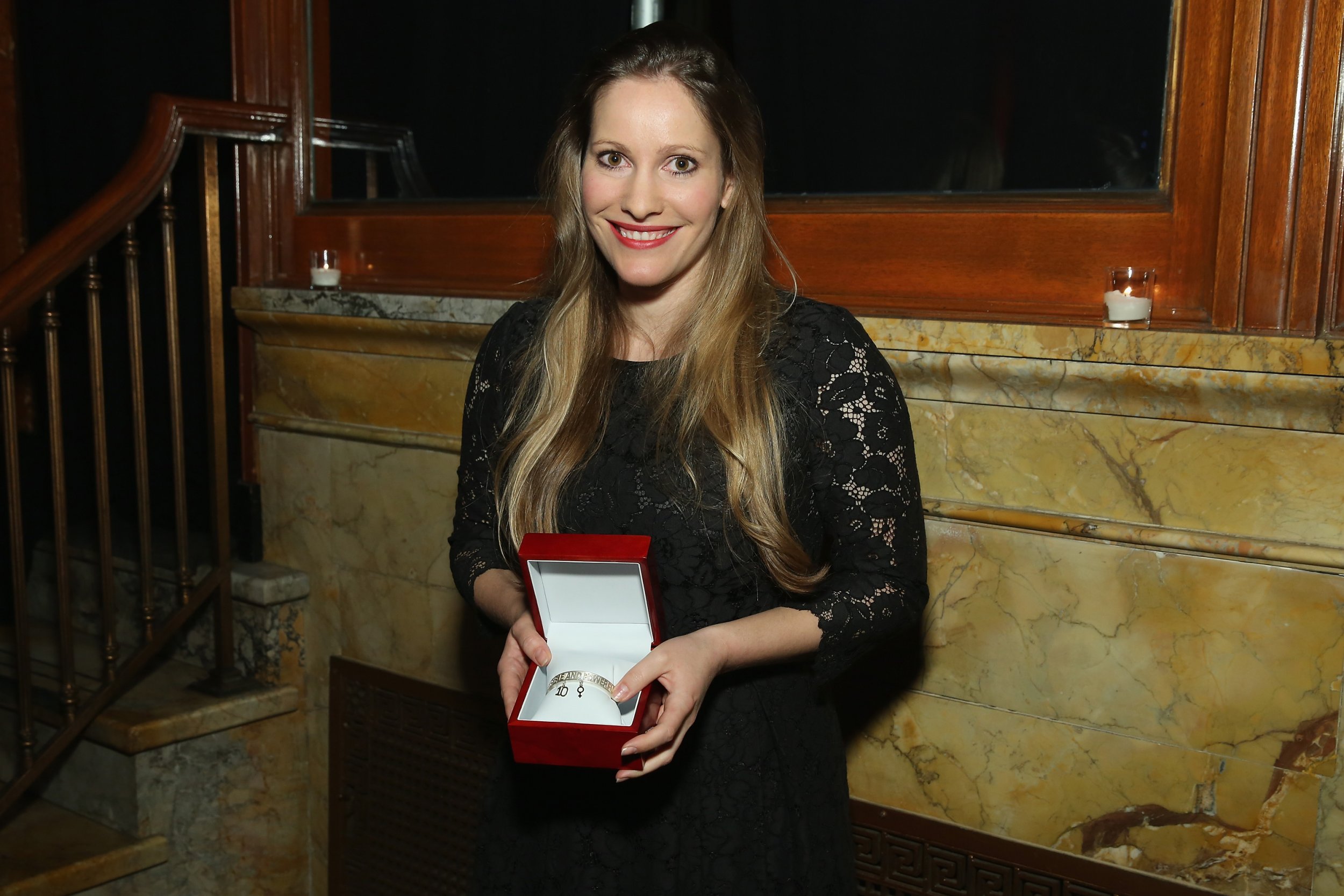
More than half of British women have been subjected to sexual harassment at work, according to new research carried out by the Trades Union Congress (TUC). Incidents included physical and verbal harassment, with nearly a quarter of respondents victims of unwanted touching, and almost a third subject to unwelcome comments or sexual jokes in the workplace.
The survey of 1,533 women aged between 18 and 65—the largest of its kind for a generation—was published today in a joint report with the Everyday Sexism Project, which catalogs instances of sexism experienced by women on a daily basis.
Entitled Still just a bit of banter? the study showed that highest incidents of sexual harassment were reported by young women—nearly two thirds of victims were aged between 18 and 24—and revealed that in 88 percent of all cases the perpetrator was male and often in a senior position.
According to the survey, almost 80 percent of women who said they experienced sexual harassment at work did not tell their employer about what was happening. The majority felt that speaking out would impact negatively on their relationships in the office, some were too embarrassed, and others felt that they wouldn't be taken seriously.
"Let's be clear—sexual harassment is undermining, humiliating and can have a huge effect on mental health. Victims are often left feeling ashamed and frightened," said TUC General Secretary Frances O'Grady in a statement issued today. "Employers must be clear they have a zero tolerance attitude to sexual harassment and treat any complaint seriously. It's a scandal that so few women feel their bosses are dealing with the issue properly."
This morning #HarassedAtWork started trending on Twitter.
The #HarassedAtWork tag is a sobering & saddening read. Every experience deserves to be heard, every grievance valid. We all need to listen.
— Maddie (@misformaddie) August 10, 2016
Some of the testimonies from anonymous case studies who took part in the survey appear in this tweet below:
Real stories of #sexualharassment @The_TUC #equality #HR #discrimination #women #diversity https://t.co/A2h2CYP1yx pic.twitter.com/4nTxRr5BFN
— Amber & Greene (@AmberandGreene) August 10, 2016
Sophie Walker, leader of the Women's Equality Party (WEP), Britain's fastest-growing political party, expressed dismay at the report's findings.
"The report shows clearly and startlingly the extent to which young women must still run a gauntlet of sexist attitudes when they start work. The situation is disgraceful. More than 40 years after the Sex Discrimination Act was passed to tackle sexism in the workplace, not nearly enough has changed," she said in a statement issued to Newsweek.
"Our party urges Theresa May to end harassment of women by a zero tolerance approach to current incidents and also by teaching young people to stop it happening. Until we tackle sexual harassment in the workplace our society and our economy will suffer," Walker continued.
The Fawcett Society, the U.K.'s largest membership charity for women's rights pointed to the law regarding taking an employer to court as a significant factor in women raising issues of harassment. "No woman should face sexual harassment, but sadly this research suggests that it's an all too common experience. In 2013 the government introduced a £1200 fee to take a sex discrimination case to an employment tribunal…so we've seen the number of cases brought plummet," said Jemima Olchawski, the charity's head of policy and insight. "These figures make it clear that the need to scrap those fees is more urgent now than ever especially as so few women feel able to raise their concerns with their boss."
In a statement issued to Newsweek, the Advisory, Conciliation and Arbitration Service (ACAS), the U.K-based organization that helps resolve employment disputes, said employers were responsible for preventing harassment. Steve Williams, head of equality at the organization, said, "Sexual harassment is one of the most common forms of harassment and is specifically unlawful under the Equality Act 2010. [Employers] should take steps to make clear what sort of behavior would be considered sexual harassment and to ensure all staff are trained to recognize unwanted behaviours and to act appropriately."
Lucy Hastings, the director at independent charity Victim Support, working with people affected by crime across England & Wales, agrees that more needs to be done, but those suffering should reach out for help.
" Sexual harassment at work is unacceptable - the workplace should be a safe space. If someone does experience sexual assault or harassment at work, they should feel confident that they will be given the help and support they need and taken seriously if they choose to report what's happened. Employers need to step up to the challenge by ensuring they have processes and procedures in place to respond robustly and appropriately to unwanted behaviour," she tells Newsweek.
"We know from supporting thousands of victims of sexual crimes every year that they can have devastating and long lasting impact on people's lives. Whether or not a crime has been reported, Victim Support can help, regardless of how minor an incident might seem."
Uncommon Knowledge
Newsweek is committed to challenging conventional wisdom and finding connections in the search for common ground.
Newsweek is committed to challenging conventional wisdom and finding connections in the search for common ground.
About the writer
To read how Newsweek uses AI as a newsroom tool, Click here.








